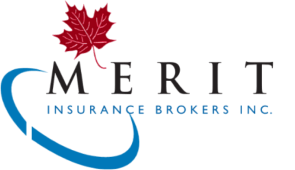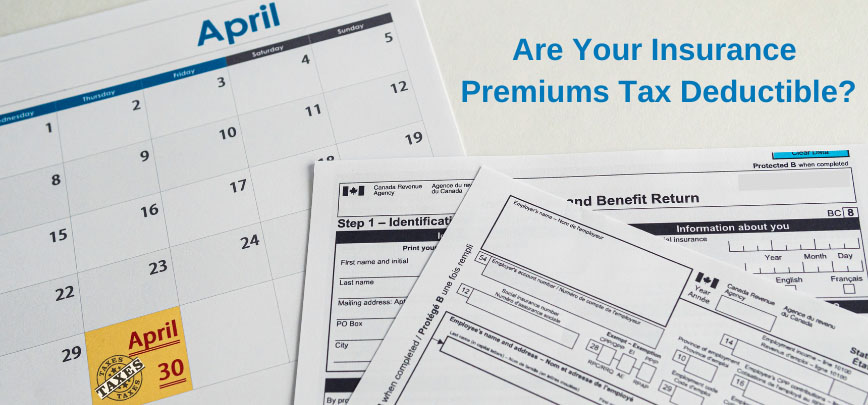Are Your Insurance Premiums Tax Deductible?
Filed Your Taxes Yet?
It’s officially tax season here in Ontario. Despite this year being a more complex tax season due to COVID-19, the Canada Revenue Agency has opted not to extend the tax filing deadline. The due date for most Canadians will still be April 30th, and June 15th for self-employed individuals.
Filing taxes can be tricky and convoluted. Many Canadians are not aware of the intricacies involved in filing their taxes and often rely on the professionals to complete it properly. Your licensed tax professional may ask you questions regarding your health or life insurance premiums.
Generally speaking, insurance premiums are not deductible for individuals or businesses. However, there are exceptions when it comes to life and health insurance premiums. Here is some helpful information to determine when your insurance premiums are and are not deductible.
Life Insurance Premiums
Generally, life insurance premiums are not tax-deductible for individuals, however, there are some exceptions. Such as, if you are a business owner and you pay the life insurance premiums for your employees, these expenses may be tax-deductible. We recommend you speak to a tax professional to clarify if your payments are tax-deductible or not.
Here is a breakdown of the type of insurance, who pays the premium, and if they are tax-deductible or not.
INDIVIDUAL LIFE INSURANCE: Are they tax deductible?
For individuals: Not usually.
When you use a life insurance policy as collateral for a loan it may qualify for a tax deduction. It is important to consult your tax professional to ensure that your circumstance qualifies for the deduction.
For businesses: It’s the same as an individual, not usually.
A corporation can deduct life insurance premiums if they’re used as collateral for a loan. Again, it’s recommended to get tax advice for this.
LIFE OR HEALTH INSURANCE OWNED BY AN EMPLOYEE, WITH PREMIUMS PAID BY EMPLOYER
For individuals: No.
Premiums paid by the employer are a taxable employee benefit.
For businesses: Yes, as long as the premium payments are a reasonable business expense.
GROUP HEALTH INSURANCE PROVIDED BY EMPLOYER, FOR EMPLOYEES
For individuals: No.
Did you Know?
Employer-paid critical illness insurance and income-style long-term care insurance (LTCI) premiums are taxable employee benefits?
Employer-paid premiums for disability income insurance (DI), personal health insurance, and reimbursement-style LTCI are not taxable employee benefits.
For businesses: Yes, if you are the company pays the life insurance premiums for their employees, these expenses are tax-deductible. However, they are not for a non-employee business owner/shareholder.
Health Insurance Premiums
Many Canadians don’t realize that health insurance premiums are tax-deductible. In Ontario, you are eligible to claim a wide range of medical expenses.
Here are some examples of allowable deductible expenses:
- Prescribed medicines
- Health insurance premiums
- Dental
- Prosthetic limbs
- Air conditioners
- Bathroom aids
- Baby-breathing monitors
- Crutches
- Environmental control systems
- Medical marijuana
- Service animals
- Oxygen
- Fertility treatments
It is important that you keep all medical-related receipts to provide to your licensed tax professional.
Knowing when life insurance policies are tax-deductible or not can be very confusing. Call our Merit Life Insurance specialists to help you fully understand your situation and get personalized service. That is the Merit Difference.
Disclaimer * This article is for information only and is not intended as tax advice. Please consult your accountant or tax specialists for personalized tax advisement.




